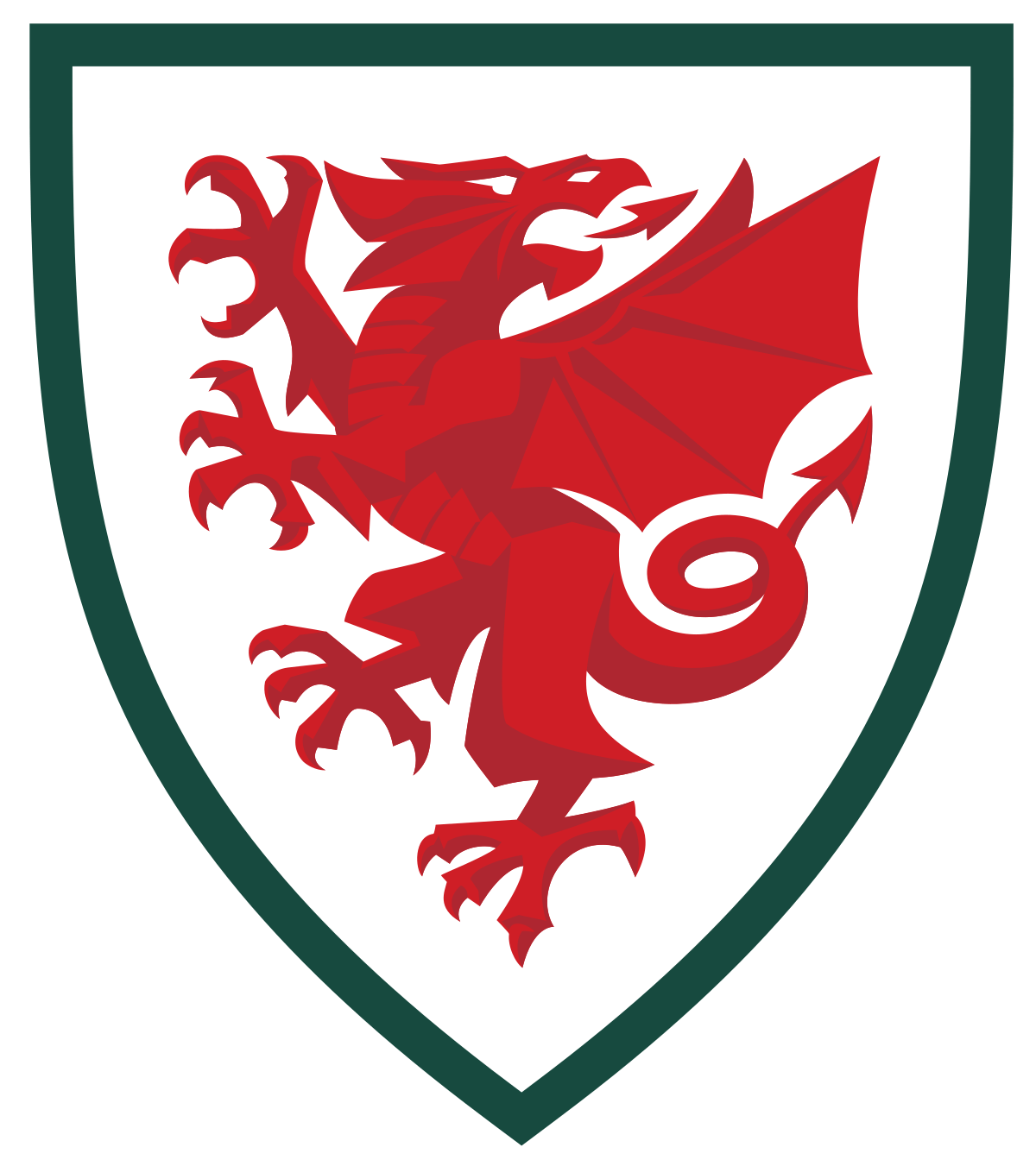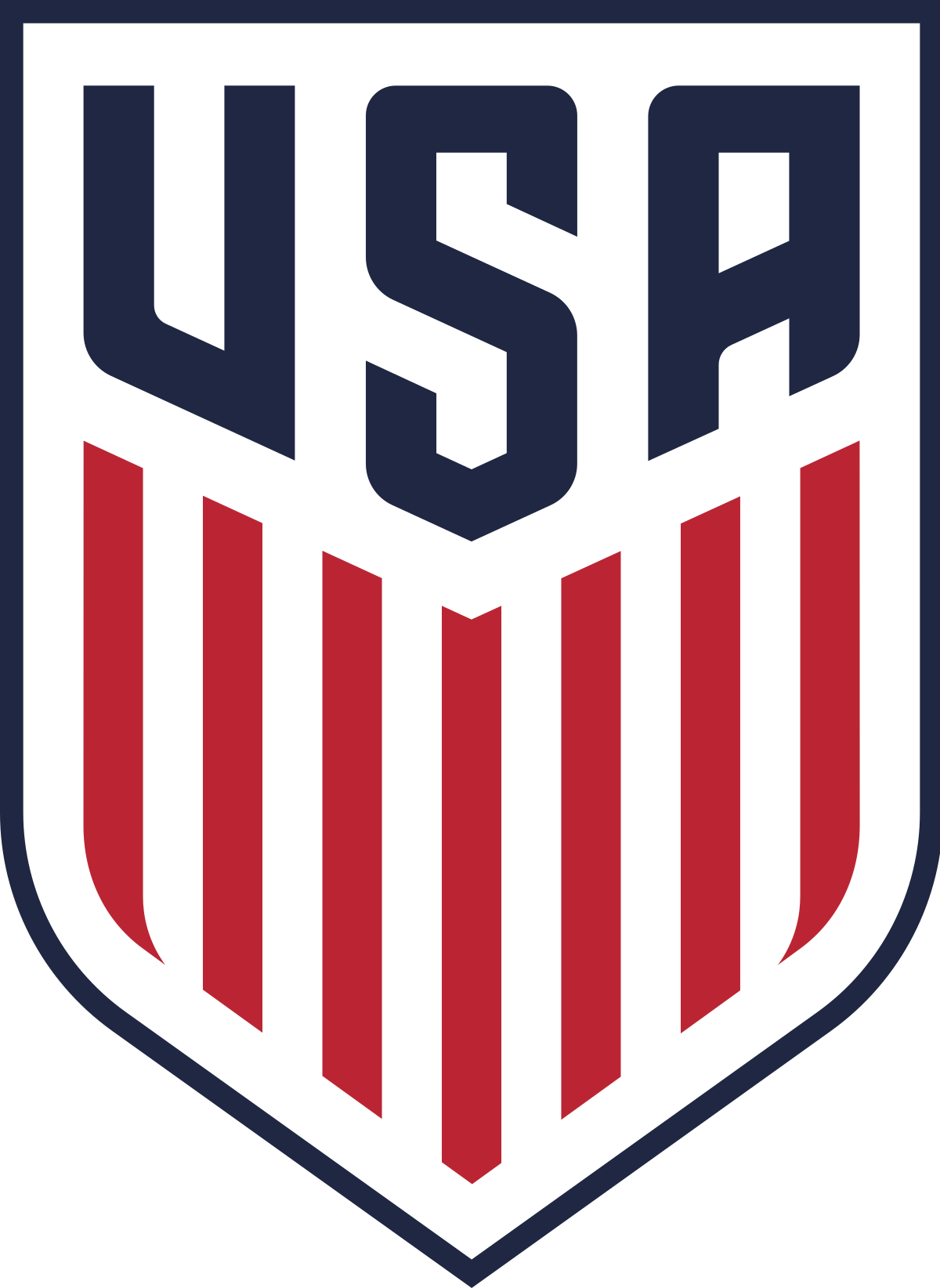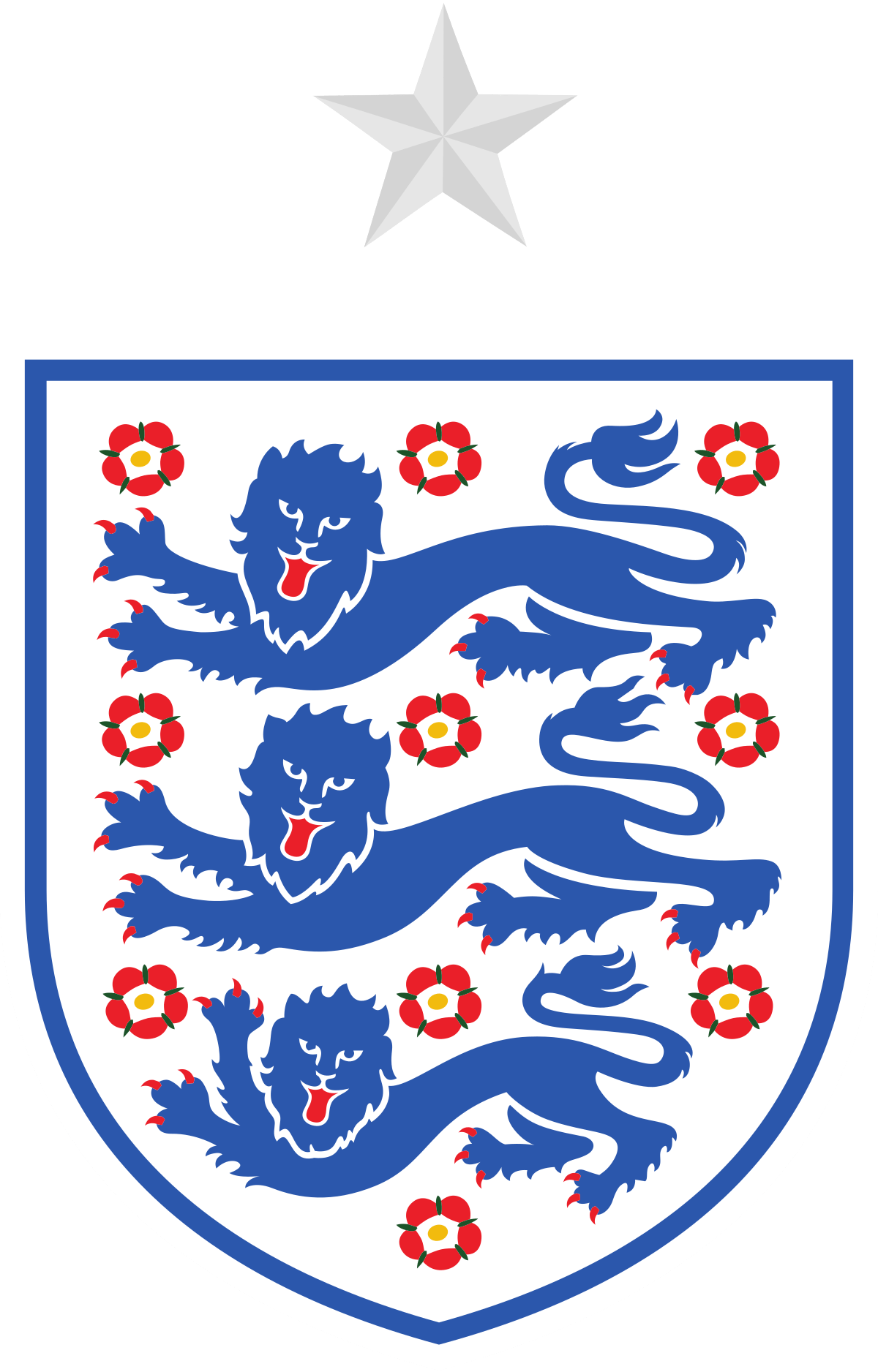
Wales (The Dragons)
Quarter Finals: 1 (1958)
Current FIFA Ranking: 19
Gareth Bale
Read More
Aaron Ramsey
Read More
Ben Davies
Read More
Rob Page
Read More
Group B Schedule
Game 1 – Monday 21st November 2022

USA
22:00 Qatar Time/19:00 GMT
Ahmad bin Ali Stadium, Al Rayyan
Game 2 – Friday 25th November 2022

Iran
13:00 Qatar Time/10:00 GMT
Ahmad bin Ali Stadium, Al Rayyan
Game 3 – Tuesday 29th November 2022

England
22:00 Qatar Time/19:00 GMT
Ahmad bin Ali Stadium, Al Rayyan
Notable Honours
Wales’ only ever World Cup resulted in a quarter-final in 1958. Their most significant success is winning the now-defunct British Home Championship 12 times between 1907 and 1970.
Beginnings
Playing their first international match in 1876, the Welsh national football team was the third to be established, following Home Nations rivals England and Scotland. Alongside England, Scotland, and Ireland, Wales were to form the International Football Association Board (IFAB) following the International Football Conference in Manchester in 1882. The organisation was formed to approve rule changes in the sport, and it persists to this day. Despite the disparity in stature between football in Wales and their more decorated neighbours England and Scotland, the Welsh achieved 12 Home Nations triumphs – seven outright. As per the other members of the IFAB, Wales left FIFA in 1928, 2 years before the inaugural World Cup, ostensibly in a dispute over payments to amateur players but perhaps in reality over a power struggle and resentment of the growing importance of FIFA to the global game. Upon rejoining FIFA in 1946, Wales, in a group comprised solely of the four Home Nations, entered World Cup qualification for the 1950 tournament but unfortunately finished last. 1954 would also offer further disappointment, compounded by a disastrous European tour in 1953, which resulted in defeats to France and Yugoslavia, 6-1 and 5-2 respectively.
In the years following those initial disappointments, Wales entered a period which could be characterised as a golden age for Welsh football. They were led by talents such as the world-class John Charles, Ivor Allchurch, Cliff Jones, Alf Sherwood, Jack Kelsey, Trevor Ford, Ronnie Burgess, and Terry Medwin. Progress, however, did not immediately follow. Both Austria and Yugoslavia were able to record victories on Welsh soil in 1954 despite what they considered to be the overly physical approach of the Welsh – an approach the Austrians would seek to emulate the following year in what would be known as the ‘Battle of Wrexham’.
Golden Period of the 1958 World Cup
These disappointments culminated in the Welsh FA approaching Manchester United coach Jimmy Murphy, who was appointed in 1956. Following a difficult start to his tenure involving two draws against Northern Ireland and Scotland and a 3-1 defeat to the English, the Home Nations qualification group format for World Cup qualifying was scrapped to be replaced with random qualification draws. This ensured that Wales faced non-British and Irish opposition in an attempt to qualify for their first-ever World Cup finals. They were drawn with Czechoslovakia and East Germany respectively, the latter comprising predominantly amateur players. Following a creditable 1-0 win in the opening fixture against Czechoslovakia, Wales were to travel with only 12 players to face East Germany. This was a decision that leading player John Charles amongst others, was to heavily criticise, stating, “There were more selectors than players. It was crazy. You’ve got to put the players first, but with Wales, it was the selectors first and the players second”. Perhaps unsurprisingly, the Welsh were to suffer an embarrassing 2-1 defeat. A 2-0 loss to Czechoslovakia seemingly put qualification beyond reach, while a 4-1 return victory over East Germany restored some pride.
However, a qualification opportunity was to present itself owing to political instability involving Israel, Turkey, Indonesia and Sudan, with the latter nations refusing to face Israel. Belgium refused the opportunity to play Israel in a play-off, and therefore, the Welsh were offered a reprieve which they duly took advantage of, seeing off Israel over two legs and qualifying for the 1958 World Cup in Sweden.
Wales opened against a Hungary side weakened by the Hungarian Revolution of 1956, which had led to the exile of players such as Ferenc Puskás, Sandor Kocsis and Zoltan Czibor. Nevertheless, the Hungarians still represented a formidable challenge and Wales rose to the occasion, earning a 1-1 draw through a John Charles equaliser. Wales suffered disappointment in their second group game, failing to put Mexico away before the Mexicans equalised late on. A goalless draw against a Sweden side that had already secured passage to the second round ensued, ensuring that a play-off between Wales and Hungary was necessary to determine who would join them. There was a catch – due to Hungary’s superior goal difference, the Hungarians only required a draw, while Wales needed to win the game. Wales were to fall behind on the half-hour but were able to rally and responded with Ivor Allchurch’s equaliser followed by a Medwin winner.
The victory was to come at a cost, however. John Charles could not recover in time for their quarter-final encounter against a strong Brazilian team spearheaded by Garrincha, Nilton Santos and a 17-year-old Pele. Charles’s aerial prowess was sorely missed owing to a host of unconverted Welsh crosses, and the Brazilians emerged with a 1-0 victory courtesy of Pele. However, it seemed that Wales had managed to establish themselves on the World stage.
Decline Part 1: 1962 to 1982
Sadly, Wales could not build upon their success at the 1958 tournament. In qualification for 1962, Wales were pitted against Spain, with Austria withdrawing citing financial difficulties. A 2-1 defeat followed by a 1-1 draw was, unfortunately, insufficient. Wales were also unable to qualify for the 1964 European Nations’ Cup (later named the European Championship) following a draw and a defeat to Hungary. Though the Welsh also failed to qualify for the 1966 World Cup, they were able to defeat a highly talented Soviet Union 2-1, leaving them to lament a poor start to qualification which saw them losing to Denmark and Greece. Another qualification failure followed for the 1968 European Nations’ Cup.
There was optimism ahead of the 1970 qualification campaign following a 1-1 friendly international draw against World Cup finalists West Germany. However, the club versus country selection issues were to hamper the national side, with the clubs often refusing to release players. This resulted in weakened teams against Italy and East Germany, and Wales failed to attain a single point. This club versus country issue would rear its ugly head repeatedly as players at bigger clubs were convinced by their club managers to withdraw from selection at various times. This was not helped by reports of shambolic organisation within the Welsh setup.
Despite such setbacks, Wales were able to impress in 1974 qualification in a very strong group involving England and an emerging Poland side that would go on to impress in the tournament proper. They were able to build upon this progress by qualifying for the 1976 European Championship after managing to see off the likes of Hungary and Austria. Following a 2-0 defeat in Yugoslavia, Wales required a victory in the second leg to advance to the semi-finals, also held in Yugoslavia. The game was marred by controversy, with Yugoslavia being awarded a soft penalty and a second-half goal being chalked off, leading to a police escort for the match official. A qualification bid for the 1978 World Cup was also to end in controversial circumstances, with a home fixture being moved to Anfield, where opponents Scotland were awarded a highly disputed penalty following what many believed was actually a handball offence from Scotland’s own striker Joe Jordan. A failure to defeat Iceland accounted for Wales’ failure to qualify for the 1982 tournament; despite an impressive 3-0 victory over the Soviet Union, they were to miss out via goal difference.
Decline Part 2: The Early Eighties Until the 2000s
The mid-1980s saw the emergence of the striking partnership of Mark Hughes and Ian Rush, and Hughes scored a wonder goal in a 3-0 demolition of Spain. Despite this, Wales failed in their 1986 World Cup qualification bid, suffering again at the hands of Iceland and Scotland. Indeed, another Scotland penalty on the night incumbent Scotland coach Jock Stein died eliminated Wales. Away defeats to Denmark and Czechoslovakia scuppered any chance of an appearance at Euro ’88, and qualification for the 1990 World Cup also ended in disappointment.
In qualification for Euro ’92, Wales remarkably managed to defeat reigning World Champions Germany 1-0, courtesy of an Ian Rush goal. This was followed three months later by their first-ever victory against Brazil in a friendly international, another 1-0 win with Dean Saunders finding the net on this occasion. However, Germany won the return fixture 4-1 to send Wales crashing out.
Wales were to fall agonisingly short in qualification for the 1994 World Cup. Needing to win at home to Romania, a penalty miss followed by an immediate Romania goal resulted in a 2-1 defeat and exit. Coach Terry Yorath was somewhat harshly dismissed, with decorated manager John Toshack taking the reins. However, Toshack lasted just one game and then shockingly resigned, citing problems with the association. Wales were then to suffer some of their darkest moments, including defeats to Moldova and Georgia and a 7-1 defeat to the Netherlands. Eventually, unpopular coach Bobby Gould was dismissed to make way for former star Mark Hughes.
The qualification tournament for 2004 saw Wales fail to qualify at the expense of a controversial Russia side. Rather than punishing the Russians for fielding Yegor Titov, who later tested positive for a banned substance, they were merely instructed not to field the player again. Hughes was to leave Wales for Blackburn in 2006, with Toshack returning again to steady the ship.
A New Generation and Recent Resurgence
A new young core was emerging, including future Real Madrid man Gareth Bale and Arsenal’s Aaron Ramsey. This took time to translate into success, with Wales failing to qualify for any tournaments between 2008-2012. New manager Gary Speed appointed the 20-year-old Ramsey as captain, and Wales rose from a miserable 117th in the rankings to 45th in a short period. Unfortunately, Speed tragically committed suicide later that year.
New manager Chris Coleman endured a rocky start to his tenure, including a 6-1 defeat at the hands of Serbia. Despite this, Wales improved over the course of qualification and although they failed to qualify, there had been an upturn in performances including a spirited 2-1 defeat at the hands of Croatia. Wales subsequently qualified for Euro 2016 with little difficulty and rose to 9th in the FIFA World Rankings, one place higher than England. Victories over Slovakia and Russia bookended a loss to England during the group stages, setting them on course for a round of 16 tie against Northern Ireland. Northern Ireland had been making life difficult for opponents throughout the tournament, and perhaps it was no surprise that Wales had to dig in to grind out a 1-0 victory. A famous win against Belgium was to follow via a 3-1 scoreline, and a showdown versus eventual winners Portugal ensued. Portugal’s class told in the end with goals from Nani and Cristiano Ronaldo. However, Wales had surpassed all expectations and ultimately received a hero’s welcome back home.
Disappointment followed in qualification for Russia 2018, and celebrated manager Coleman resigned to take the Sunderland job. New manager Ryan Giggs guided Wales to the delayed Euro 2020 tournament via a 2-0 victory against Hungary in a crucial game. Owing to legal problems for Giggs, Rob Page took interim charge. He was able to steer Wales through their difficult Euros group, comprising Italy, Switzerland, and Turkey. However, Denmark brutally ended Welsh hopes of a repeat of Euro 2016 with a 4-0 demolition in the round of 16. Page followed up on this by leading them to Nations League Group A for the 2022/23 campaign, but they were just as quickly relegated back to League B. Wales have been dealt a gentler group in Qatar than they might have anticipated, despite being pot a pot 4 team. As a result, they will fancy their chances of progression.
Road to Qualification
UEFA Group E: 2nd
Record: Played:8 W:4 D:3 L:1 F:14 A:9 GD:+5 Points:15
Play-offs: Wales 2-1 Austria, Wales 1-0 Ukraine
Date of Qualification: 5th June 2022
Finishing as runners-up behind a Belgium side at the time ranked world number 1 by FIFA and just easing out a talented Czech Republic side, Wales endured a mixed qualification campaign. Despite a 0-0 home draw against Estonia, Wales were able to secure a point in the final group game against the already qualified Belgians courtesy of a Kieffer Moore goal. This secured their route to the play-offs, where talismanic winger Gareth Bale scored a brace to see the Welsh past Austria. The same man netted again for Wales to play the role of villain in denying war-torn Ukraine their place in Qatar. Wales had qualified, but it had been hard.
Meet the Coach: Rob Page (age 48)
Former Welsh international defender Rob Page began his managerial career with a tough assignment at Port Vale under challenging economic conditions. Despite this, Page secured a 12th-place finish and attracted the attention of League Two champions Northampton Town. Despite a promising start, nine defeats from 11 games during the winter resulted in Page’s dismissal. An opportunity to coach Wales U21 followed, and in August 2019, Page was appointed as Ryan Giggs’s assistant for the senior team. Page then took charge of the team on an interim basis following Giggs’s suspension and was appointed permanently following a successful Euro 2020 campaign and Giggs’s decision to step down.
Possible Starting XI and Style of Play

Operating with a back 5, Page has a reputation for defensive organisation and was credited with creating a meaner Wales defence while assistant to Giggs. This, however, does not mean that Wales are overly conservative in their approach. In fact, their shape can often resemble a 3-4-3, with Neco Williams and Connor Roberts providing the width and given licence to operate high up the pitch. Ben Davies will provide a reassuring presence at the back while also advancing into midfield as cover allows, while the experienced Joe Allen will dictate matters in the heart of the midfield. Perhaps starting from the bench, Premier League regulars Brennan Johnson and Dan James will be called upon by Page to stretch opposition defences. It remains to be seen if Aaron Ramsey will be available from the start. However, Page is confident he’ll be ready to feature. Kieffer Moore provides a great presence up front. Gareth Bale is the subject of fitness concerns and has been a bit-part player since his highly publicised move to Los Angeles FC. However, he will likely be given the opportunity to start owing to his quality and tournament pedigree.
Final Squad
Goalkeepers: Wayne Hennessey, Danny Ward, Adam Davies
Defenders: Ben Davies, Ben Cabango, Tom Lockyer, Joe Rodon, Chris Mepham, Ethan Ampadu, Chris Gunter, Neco Williams, Connor Roberts
Midfielders: Sorba Thomas, Joe Allen, Matthew Smith, Dylan Levitt, Harry Wilson, Joe Morrell, Jonny Williams, Aaron Ramsey, Rubin Colwill
Forwards: Gareth Bale, Kieffer Moore, Mark Harris, Brennan Johnson, Daniel James
Key Players
Gareth Bale
Date and Place of Birth: (16.07.1989, Cardiff)
Current Club: Los Angeles FC
Caps/Goals: 108/40
Widely considered one of the best Welsh footballers of all time, Wales’ hopes are somewhat intertwined with the notion of Bale enjoying something of a resurgence that has not yet materialised this year. With the World Cup still a few weeks away, however, it is hoped that Bale can play his way into form and fitness to become the focal point of the Welsh attacking threat. At his best, Bale can be a devastating player. Indeed, he possesses a blend of pace, physicality and off-ball movement that is extremely hard to cope with for 90 minutes, complemented by flair in abundance and an eye for the spectacular. At times, Bale has been considered ‘unplayable’, and Wales hope to get the best from him in Qatar.
Aaron Ramsey
Date and Place of Birth: (26.12.1990, Caerphilly)
Current Club: Nice
Caps/Goals: 75/20
Hoping to overcome the latest injury setbacks that have dogged his career over the last few campaigns, Ramsey is fully capable of making a difference for Wales when he is fully fit and in form. Ramsey has adapted his game to play more of a Mezzala role, which started under Maurizio Sarri at Juventus. While he can perhaps no longer play more of a dynamic box-to-box role, he possesses excellent technical ability and can hurt opposition defences by creating space and opportunities for others. His keen eye for goal also remains and he will be a leader for Page in Qatar.
Ben Davies
Date and Place of Birth: (24.04.1993, Neath)
Current Club: Tottenham Hotspur
Caps/Goals: 74/1
As a left-sided central defender, Davies’ background as a fullback will allow him to advance higher up the pitch as the opportunity arises. This will let him support the attack-minded Neco Williams. Dubbed the ‘Neath Maldini’ by some sections of the media due to his calm, reassuring performances, Davies will also be crucial in ensuring that Wales are not exposed by their tendency to revert to a 3-4-3 when seeking a goal.
